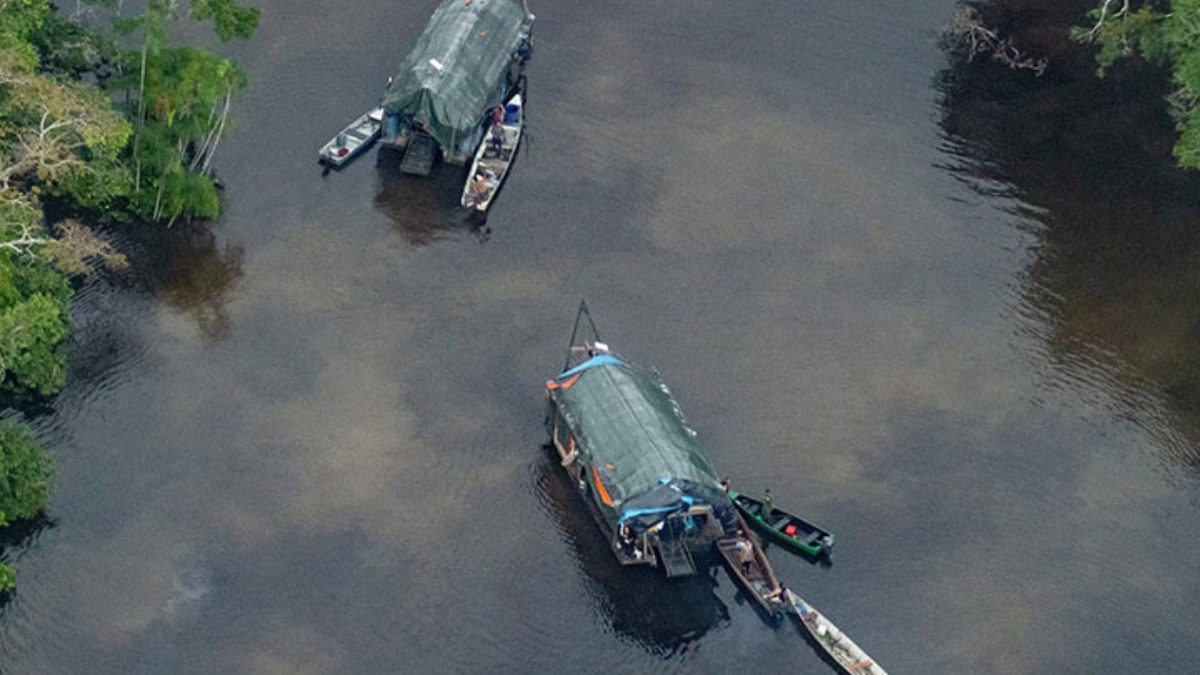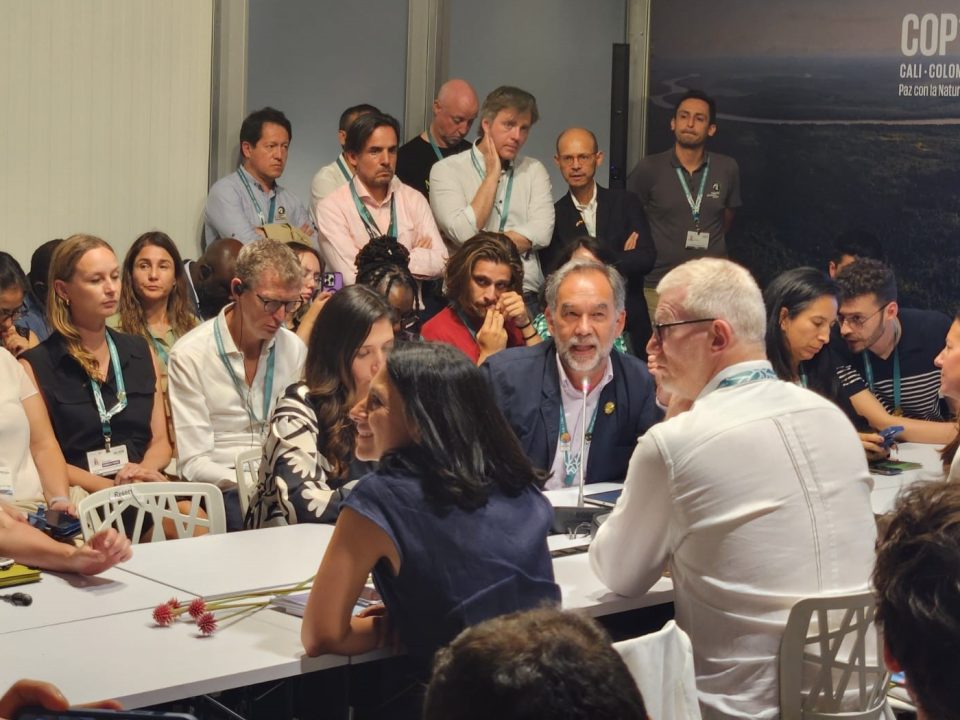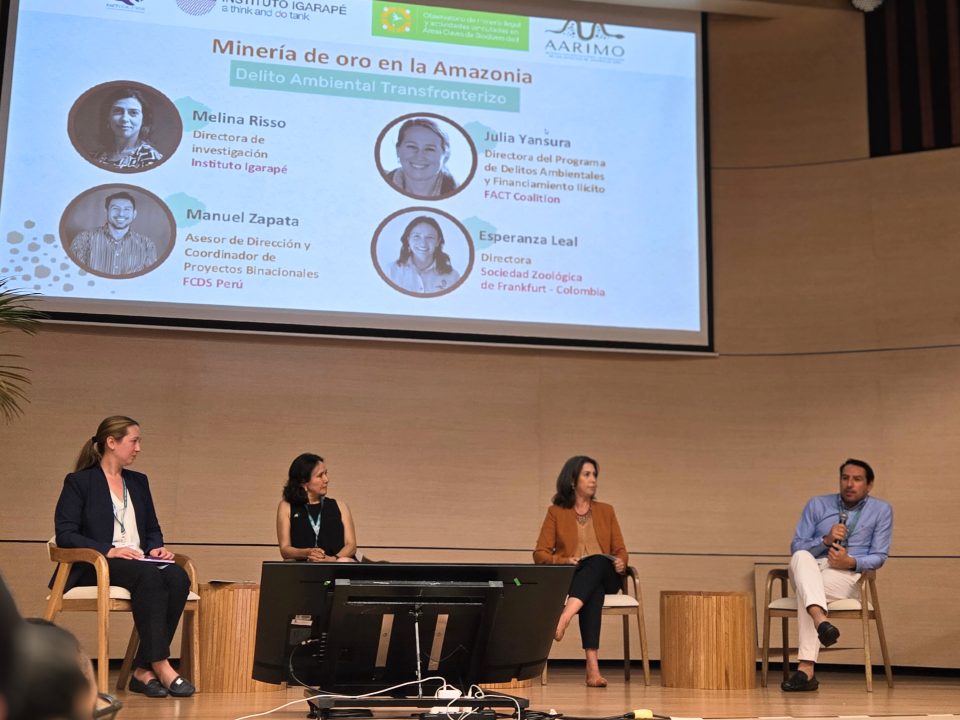By: Martín Arana, FCDS Peru technical specialist.
In December 2023, the whole of Peru was shocked by the unfortunate news of the massacre of nine mine workers at the “La Poderosa” mine in the province of Pataz, at the hands of illegal miners as a result of an unprecedented escalation of organized crime in the national territory.
Numerous news, reports and reports show the evident record of the strengthening of organized crime, hired killings and extortion, illegal mining, drug trafficking, land trafficking, among other crimes, as well as evidence of the poor response capacity of the State with insufficient and ineffective measures.
In this context, the country as a whole demanded clear and decisive actions to confront organized crime and crimes such as illegal mining.
Four months later, in his inaugural speech, the President of the Council of Ministers, Gustavo Adrianzén, announced before the Congress of the Republic about the formalization: “the creation of a multi-sectoral commission, with the participation of different actors, which will be in charge of formulating a comprehensive proposal before December 2024 to be implemented in 2025″, evidencing that there is no idea of how to address a critical and urgent problem.
It is important to remember that the National Multisectoral Policy for Small-scale and Artisanal Mining, approved in 2022, establishes strategic lines of action for the formalization of this productive sector.approved in 2022, establishes strategic lines of action for the formalization of this productive sector; in this case, what is required is to implement what is indicated in the Policy, adjust and strengthen the legal and operative mechanisms in order to separate it from illegal mining.
On the other hand, as of December 31, 2021, with the approval of the Law No. 31388The Executive Power, through the Ministry of Energy and Mines, has the mandate to formulate a new Small and Artisanal Mining Law; that is, two years later, after a massacre and the proliferation of illegal mining, as if it were a metastasis, the creation of a new commission to look into the issue is solemnly announced.
As if this were not enough, last March 13, the Congress of the Republic, by a large majority, approved Bill No. 07278/2023-CR, which repeals the complementary provision of Legislative Decree No. 1607 referring to illegal mining and the Integral Mining Formalization Registry (Reinfo), thus limiting the action of the Police and the administration of justice; this means a setback in the fight against organized crime and illegal mining. With this repeal, miners registered in the Reinfo who have not complied with their obligations will be able to maintain their impunity until December 2024.
Despite the fact that several specialists and sectors warned of the risks of approving this Law, the Executive did not observe it; on the contrary, the current Minister of Energy and Mines declared: “We simply said: ‘we are going to ratify’. But, that does not mean that we are going to stay with our arms crossed”; It seems that a new commission is the answer, but in practice it is just another postponement of decision making. While this is serious, let us remember that Congress has bills on the agenda that seek to expand, open up and even establish permanent formalization, perpetuating informality and illegality.
Finally, in November 2023, the Global Initiative published the Global Crime Index where indicators of criminality and organized crime, response capacity and resilience levels of states are weighted. In this global evaluation, Peru showed an increase in crime (increase of 0.8 points) and a reduction in resilience (reduction of 0.21 points); in other words, we are in worse conditions than in 2021. The 2023 global crime report highlights among its main findings: “State actors continue to be the main means to facilitate illicit economies and inhibit resilience”, thus the actions of the Congress of the Republic and the ineffectiveness of the Executive seem to confirm this worrying conclusion.






